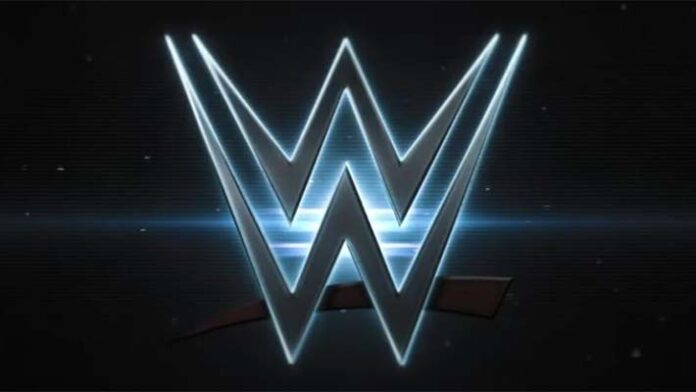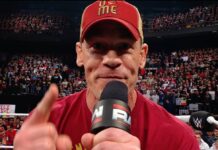
WWE President Nick Khan provided insight into the company’s evolving scheduling strategy for Premium Live Events (PLEs) during his recent appearance on The Bill Simmons Podcast. Khan revealed that WWE is increasingly focusing on aligning its major shows with prominent U.S. holiday weekends, citing both logistical and viewership advantages.
One of the key shifts noted by Khan was the decision to avoid direct competition with large sporting events, particularly the NCAA Men’s Final Four, which traditionally overlapped with WrestleMania. “This is also our first one, at least in the last five years, that’s not on the Final Four weekend,” Khan explained, emphasizing the company’s intentional move to find less crowded dates on the sports calendar.
Khan highlighted the appeal of holding events on holidays like the Fourth of July and Labor Day, where sports offerings are relatively light. “We’re trying to figure out weekends that would be advantages for you guys. We’ve done the American-only holiday weekends,” he said. “If you think about it, Fourth of July. There’s such a lack of sports on, that people, and it’s with no disrespect intended, will actually watch the Nathan’s Hot Dog Eating Contest, but why wouldn’t we do a WWE event on that weekend? So we do.”
He applied the same thinking to Labor Day weekend, despite early-season college football competition. “And Labor Day weekend, even though there’s early college football, why wouldn’t we have a big [event]?” Khan asked rhetorically.
Addressing potential concerns about live attendance on major holidays, Khan pointed to the increasingly global reach of WWE’s fanbase and the flexibility of digital viewership. “If people like, ‘oh, well, you can’t get butts in seats?’ Well, sure you can internationally. It’s obviously not a holiday there,” he noted. “And now that everyone can watch on their phone, it doesn’t really matter what day it is, as long as it’s not a cluttered sports calendar.”
This strategy marks a clear shift in WWE’s approach as the company aims to maximize viewership, accessibility, and global engagement with its top-tier events.







